|
We live in words. The way we speak, think, and feel are all processed and synthesized through words. It wasn't until I took a humane education course that I could step back and look at the language we use.
Animal idioms, in particular, showcase our relationship with other animals, often in violent or oppressive ways. The first step to changing this relationship is by changing our language. To help get us started, I created a guide to help us transition to more animal-friendly idioms. I hope you find it helpful!
1 Comment
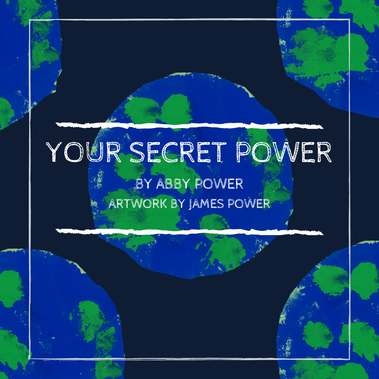 For the past few months, I have been working on a very special project. I wrote a poem dedicated to James' First Grade class, and today, I had the opportunity to share it with them. I had the class keep their eyes closed and encouraged them to use their imaginations. It was great to see their smiles and hear their giggles as I read their name aloud. After I read the poem, we talked about what they thought the poem was about and how they felt hearing their name being read. We even talked about how anyone can be a writer. We all have something special to share. What a fantastic day! Without further ado... "Your Secret Power." I hope you enjoy! From April to December, I wake up not to the sounds of birds singing, but of lawn mowers and leaf blowers. I peer outside my window and see the neighbors ready to make their lawns immaculate. Sometimes I wonder who they are trying to impress.
In the summer, instead of sweet flowers, I smell the fumes of noxious chemicals being poured over turf lawns. Sprinklers at full blast to make sure the grass grows green and tall, but not too tall or else off with their heads! We drag out our lawn mowers, while glaring at the enemy. Fill it up with gas, pull that cord, and off we go. Nature is no match for us. Dramatic? Yes, but true. So true. None of this makes any sense to me. Our habit creates a wasteful cycle of time, energy, and resources. And that’s not mentioning how our weekend obsession adds to the destruction of our natural habitat. Now that it is mid-November, instead of lawn mowers, the sounds have been replaced with leaf blowers. When I look out, all I see is an army of Terminators that have taken over my street. Machines strapped to backs, ready to wage war on nature. Habitats be damned! Hours of blowing leaves back and forth, back and forth. Blowing from one edge of the street to the next. Stuffing them in bags then sending them to landfills. Plumes of smoke and the smell of fumes tells me they won the war in creating a “litter” free lawn. But why? Why are we doing this? Who says this is what beauty looks like? And at what cost? This fall, you will not see a rake in my hand. We are leaving the leaves. If you drive past our home, one might conclude that we’re lazy or don’t care about our lawn, but quite the contrary. Fallen leaves provide shelter for wildlife, including native insects, and pollinators to hibernate over the winter. You want butterflies and bees? Leave the leaves. You want to hear the songbirds sing? Then leave the leaves so they have insects to eat. Leaves provide nutrients to our garden beds and can turn into rich compost that benefits our soil without fertilizers. Shouldn’t we be listening to their name? They are called ‘leaves’ not ‘take aways.’ My yard may look unkempt, but I don’t care. I’m doing it for all of us, and that includes wildlife. Let’s stop trying to tame the wild. Let’s change our habits so we can learn to live with nature, not against it. I am honored to have been on the Plants Changed My life Podcast. In my interview I talk about how plant-based eating impacted my family's life. We also talk about my experience at the Institute for Humane Education and how solutionary thinking can change the world. I would love for you to listen and let me know what you think.
Thank you to Stacy and Dave for having me!
need to bring our children and students into the conversation and invite them to be part of the solution. I would love to hear what you are doing to create the space for conversation in order to help foster compassion and critical thinking.
I hope you enjoy the read! Abby It's that time of the year, the time for me to face all of the ways that I fail as a mother. Looming in the shadows of my datebook is my son’s upcoming birthday. Although it comes every year, the feeling is always the same. Dread. Of course my dread has nothing to do with my son’s actual birthday. I love making him feel special and celebrate all of the ways he has grown over the past year, but it’s the party that surrounds it that I can’t handle. As a highly sensitive introvert, I have a tremendous amount of anxiety over children’s birthday parties. Kids running around screaming, sugared up from cake and candy? No thank you. I could almost handle the madness if it weren’t for having to make small talk with the parents. That alone makes me want to dart for the door. Full confession: I am incapable of small talk. My mind goes completely blank when I try to have a conversation with anyone. The words just don’t come and then I start to panic that the person I’m talking will soon find out that I’m not as interesting as they had hoped. The pressure is all too much for me. I’m starting to sweat just thinking about it. Luckily my husband is also an introvert so we usually huddle together in the corner of the room to protect each other. We have a pact, if we RSVP “yes” to a party, then we both have to go. I’m always amazed at how effortless children’s parties come to some adults. They easily move from parent to parent, looking engaged and interested. Not only do they seem comfortable, but they look like they are enjoying it! All the while, I just want to run. Tell me that I have to host a party and it sends me completely over the edge. Would it surprise you that I used to be a wedding planner? You see, I love planning events, I just don’t want to invite anyone too them. Are solo parties a thing? Hosting a birthday party exposes just how much I don’t fit into society. I can’t escape from this reality like I can the other 364 days of the year. Birthday Parties often do not take into account the things that I care about most: animal protection, human rights, and environmental conservation. How do I reconcile the idea of such an important cultural event when it goes against what I believe? The cost, the standards, the consumption…IT’S ALL TOO MUCH! No balloons at a birthday party? Surely you have to have balloons! It’s not a party without balloons! But…well…umm…what about the sea turtles, birds, and other wildlife that could choke on it? Who cares! Buy the balloons!
And just look at all of the excess waste: disposal plates, napkins, cups, and party bags filled with plastic crap that some young child was probably exploited to make. It makes me want to cry. Most likely it will all just end up in the landfill anyway. I feel the same about the mountains of presents that always accompanies the party. I feel that it is one of the first introductions in life that teaches our children that in our society, we need to consume in order to feel loved, special, and valued. Our family cares about the well-being of animals and therefore we are vegan. Will people make comments if I serve only vegan food? Will they be disappointed if they don’t get their slice of extra-cheese pizza and piece of buttercream cake? Not to mention, all zoo and aquarium parities are out of the question. I’ve tried to dodge the party topic every year. During the previous five years, we have held only one larger party where we invited neighbors and friends. Since then, we’ve opted for experiences and take James places as his birthday treat instead of spending money on a big party. But this year is a little different. All his friends from kindergarten are having parties and he’s more adamant about wanting one. We are just about four weeks away from his birthday and I am still paralyzed about what to do. Is a family party good enough when it’s just the three of us? It sounds like a simple solution but with no extended family around and James being an only child, mom guilt kicks in extra hard. I already have the extra guilt of “only” having one child (that’s a story for another day), but not being brave enough to plan a birthday party for him surely should land me in mom jail. I can’t do it, but do I have to do it for my son? Will I permanently scar him for not being able to have a party at the fancy trampoline park down the street? What does it even mean to celebrate? Why do we even have birthday parties and when did they become such extravagant affairs? What are they really teaching our children? I admit that I don’t know what I’m going to do. Does anyone have any advice? Maybe I just need to talk to him and explain that there are many ways to celebrate special occasions and when he’s older he’ll understand and appreciate what I was trying to do…or maybe I’ll just start a savings account now with money for the therapy he will need because I didn’t allow him to have the big birthday party he always wanted. C'est la vie. Abby Friday...ahhh. What a beautiful word. What makes it even better? Half-day Friday! As I left work, I contemplated what I could do with this magical time that I had just been gifted. I could go home, relax or maybe get a head-start on homework. I could go for a walk or sit in my garden. But not today. I had errands to run. James starts camp next week then he's off to Pittsburgh for the summer and I will be heading to Maine for residency. I've got things to do! I stopped at the mall for a few things and since Wegmans was conveniently located at the mall, I decided to "feed two birds with one scone" and get my grocery shopping done too. Wegmans has always held a special place in my heart. In college, we would travel in packs to Wegmans to "play adult." Packets of Ramen and jugs of Arizona Green Tea, the college student's gourmet dinner. As you can imagine, when Wegmans started to expand to Massachusetts, I was thrilled. I was probably more excited than I should've been, but there you have it. My relationship has now turned...complicated. As I got on the escalator in search of strawberries, a pit in my stomach began to form and then I remembered...."Oh, right. The lobsters." You may remember the prior run in I had with the lobsters. Here's a little story to get you up to speed. During a quick trip to Wegmans this past fall, my son James and I stumbled across a tank of live lobsters. It was completely jarring. I mean, I was used to seeing vacuumed sealed cows every time we went to the store but this was different. This time, the animal was alive. I wasn't prepared for that. The lobsters were crammed on top of each other (literally) and unable to move. I felt helpless and conflicted. What do I do? I could be the good little shopper and mind my own business or I could say something, witness the rolling eyes of the employees, and take a hit on my people pleasing scale for the day.
Without missing a beat, my son asked that we talk to someone about what was happening. I took his lead and we found the manager. James explained that the lobster's shouldn't be in the tanks and asked that they be returned to the sea so that they could be with their families. I was so proud of James for having the courage to speak up, even when I was wavering. Getting back to today...I stepped off the escalator and I thought to myself, "Don't do this to yourself, keep walking." My curiosity got the better of me. It's always going to be me and those lobsters, isn't it? I had to go over to the tank. As expected, layers of lobsters stacked on top of each other. I searched around and barely any movement. A couple came up to the tank and said, "$10.99/lb, not bad." They looked over to me for agreement. I just looked back, hoping if they stayed just a moment or two longer that they would not just look at the price tag, but at the eyes of the beings one foot away and realize that $10.99/lb was just too high a price to pay for a life. I stayed watching the lobsters for a while. Then the moment came. What was I going to do? It was my glorious half-day Friday. I could just walk away and leave it for another day. I tried to walk away but my feet wouldn't let me. I went searching for someone to talk to. I had no idea what I was going to say but I had to say something. These beings still had a chance. I took off my introvert cape and put on my "I'm still an introvert but I'm going to be extra brave right now cape" and found someone that was working in the "seafood" section. I said, "Excuse me, the lobster's aren't able to move." He came promptly out and said that he would check. He looked and agreed that they were a little cramped but explained that that's just how they like to gather. I kindly rebutted that this was not enough space and that they couldn't move and that I didn't believe they should be in there. He explained that a lobster doesn't have a brain and can't feel pain. "But there is evidence that they do. They are quite an intelligent species," I explained. "I don't know about that," he quickly chirped. I wasn't surprised by his response. Our society, despite all evidence, still doesn't want to believe that lobsters, or any other nonhuman animals, can feel pain. According to a study in the Journal of Experimental Biology, lobsters can not only feel pain but they can learn to anticipate and try to avoid pain. Zoologists have found that lobsters don’t have the ability to go into ‘shock’ so when they are exposed to cruel procedures, their suffering is prolonged. Scientists have found that it can take between 35-45 seconds for lobsters to die when plunged into a pot of boiling water. Not knowing what else he could offer me, the gentleman suggested that I talk to his manager, let's call her Lisa. Lisa was very polite and attentive. I explained why I had concerns. She said she would speak to her manager and the Maine Lobster supplier to talk about recommended size requirements for the lobsters. She didn't understand what I was trying to say but I didn't expect her too. I knew that I was being "handled," but I thanked her for her time and offered a friendly smile. You never know, maybe somewhere along the way, someone will experience a change of heart because of my conversation. Today, this was the best that I could do, even on a half-day Friday. I first heard about the strike at Stop & Shop a couple of days ago. To be honest, the impact of how it was going to affect me didn't really hit me until I was putting my grocery list together for the upcoming week. Strawberries Spinach Peppers Potatoes Leeks Oat Milk Pizza Dough Applesauce... As I put together my list I was able to picture exactly which aisles I would need to travel down to find what I was looking for. That's the benefit of having a local store. It's comfortable, it's always there for you, and it feels like home. Even seeing the familiar face of an employee makes your day just that little bit better. Sometimes they even become your friend and are always available to chat and catch up on each other's families (Hi Belinda!). But we have to remember that sometimes our local and friendly grocery store is part of a larger corporation and as we know, corporations aren't without problems. The purpose of corporations is to make money and to increase the net worth of their shareholders. Even the managing director can be sued by the shareholders if they think the director(s) haven't acted in their company's best interest. The power of the corporation seems to be boundless. They hold all of the rights of the citizens, but they bear non of the citizenship's obligations. Robert Hinkley goes on to explain that this may make them strong citizens, but it does not necessarily make them good citizens. Corporations can only operate with the support of the people that work for them. Employees have to do what the managers say, managers have to do what the directors says, directors have to do what the officers says, the officers have to do what the board of directors says, and the board of directors have to do what the stakeholders and shareholders says. But what happens when a cog in the wheel stops? What happens when someone says "No" and when they become transformative citizens? The system stops functioning. I decided to visit my local Framingham Stop & Shop to talk to the employees that were on strike. I spoke with Stop & Shop employee, Celine Blaisdell, who was leading the group. Click on the link below to hear the full interview:
I asked Celine to talk about why the employees were on strike and what they are trying to achieve. Blaisdell went on to say that they were striking to fight to maintain their benefits, mostly their healthcare, their pensions, and their vacations. They are also looking for a reasonable and yet modest pay raise. Ahold Delhaize, the parent company of Stop & Shop, reported good earnings last year but still plans on cutting back on healthcare benefits, according to Blaisdell who also explained, "We are the reason they are so successful." I asked Blaisdell what they are looking for customers to do while the strike was ongoing. She replied that they are looking for customers not to shop at Stop & Shop and not to shop at Hannafords (they are part of Ahold Delhaize) until the workers are able to get a fair contract. What else can we do as customers and consumers, other than not shop at Stop & Shop? I say let's push corporations, the government and fellow citizens to seriously consider Robert Hinkley's "Code for Corporate Citizenship" so we that we create a society who's foundation is just and equitable. Code for Corporate Citizenship
Like I first mentioned, I didn't truly feel the impact of the Stop & Shop strike until I was putting together my grocery list. But why was that? Why did I have to wait until it impacted me to care? This situation has taught me that I need to extend my circle of compassion a little bit more. I'm going to try to do a better job at lending my support to those that need it, without waiting to consider "what's in it for me." So until the Stop & Shop employees receive fair wages and benefits, our family will need to find a new grocery store to go to. However, I do look forward to the day where I can go back to my local Framingham Stop & Shop where it feels like home and where I'm surrounded by family. Keep up the good fight! Abby Banks, J. A. (2008). Diversity,Group Identity, and Citizenship Education in a Global Age. Educational Researcher, 37(3), 129-139. doi:10.3102/0013189X08317501
Hinkley, R. C. (2011). Time to change corporations: Closing the citizenship gap. It was a cold February evening and I was sitting at my desk preparing for an assignment for my Culture & Change class. We had just read the book, Creating a World That Works For All by Sharif Abdullah and I felt like I could fly. Yes, I wanted to create a world that worked for all! If you know me at all you know that I have about a million ideas a minute of how to change the world. Most people just roll their eyes or say, "That's just Abby," when I go on about my next big idea. I get it, I can seem a bit pie in the sky sometimes. It wasn't until I started my Master's program in Humane Education that I felt confident enough to try some of my ideas. The program has taught me so much about the world, about animals, and about people; that I want to share it with as many people as possible. I even try and include my son with what I'm learning. It's a great way to spend time together but also a wonderful opportunity to teach him how to lead a more compassionate life. I do this by showing and modeling as opposed to telling and instructing. James has helped me collect donations for refugee's for the Boston Center for Refugee Health & Human Rights and even attended the "Big E" to witness how we use animals for entertainment. Including James in this part of my life has been wonderful. It's also allowed me to become a Solutionary Parent. Solutionary parenting is parenting in a way that invites our children to be part of the solution. It is about helping them cultivate a love for our environment, the animals, and other people; so that they can be the next generation of changemakers that will design a world that works for all. When I look at James I see so much of myself in him. He has a passion for life and incredible inner strength. So when James came to me that February evening and said that he wanted to do something to change the world, without any hesitation I said, "let's do it!" My goal as a parent is to support his natural love and curiosity for life. I believe this can be the catalyst for social change. This will not just help form him into being a kind and compassionate child, but also what can help make him into a great citizen of the world. I told James to sketch out some ideas and think about what his/our goal(s) were. He wanted to protect the world and the animals and the people in it so I said, why don't we be,"The Earth Protectors!" And that's just what we became. When you have an idea, taking the first step is always the hardest. We often feel that we need to have the perfect plan in place before we can act, but that simply is just a self-imposed delay in disguise. We could go through life having a million ideas but not doing any of them. Starting "The Earth Protectors" was a wonderful way to show James that his ideas are valuable, that children can make a difference, and that change happens when someone decides to do something. The Earth Protectors is not an exclusive group and there are no memberships. It is simply a way of life that creates a path to compassion. It is open to any and all; no matter who you are or where you live. All are welcome. Our compassion extends to the protection of the environment, to other people, and to the animals. We are the protectors of all that inhabit the Earth. If you or your child has an idea of how to change the world, please don't just let it pass you by. Take the first step and see where it takes you. It may be the best journey that you ever go on.
Remember the book, If You Give a Mouse a Cookie? It’s a favorite in our house. It tells the story of a mouse and the domino effect of what happens after he eats a cookie. Here’s a little excerpt: "If you give a mouse a cookie, he's going to ask for a glass of milk. When you give him the milk, he'll probably ask you for a straw. When he's finished, he'll ask you for a napkin. Then he'll want to look in a mirror to make sure he doesn't have a milk mustache. When he looks in the mirror, he might notice his hair needs a trim. So he'll probably ask for a pair of nail scissors…” You get the picture. It ends up being quite an exhausting day for the little boy who was looking after the mouse. It made me think of our world and how one simple action can have a rippling effect. Believe it or not, we are much more interconnected than you may think. So without further ado, here’s my revised version of, If You Give a Mouse a Cookie. It’s called, If You Give a Landfill a Tomato. We walk over to our kitchen counter and here we find a lonely and sad, shriveled tomato. You had the best intentions but sadly, it never got used. (I guess it’s not surprising as 46% of fresh food purchased in the United States is wasted every year.) So what happens next to our little tomato? For those tomatoes that aren’t composted, they are put into the trash, a garbage truck picks it up, and it’s sent to the landfill. The End. Not so fast. This is where it gets tricky. You have to remember that a landfill does not contain any oxygen, it’s considered anaerobic. Everything is tightly compacted and hot. So when the tomato decomposes inside of the landfill, it produces methane and methane is 25 times more potent greenhouse gas than carbon dioxide. This contributes to climate change. But it doesn’t end there. The impact of food waste is far greater. It also impacts other people, nonhuman animals and in turn, it impacts ourselves. People who need food are not getting it and the food that is not getting consumed is heating up the planet; so by reducing food waste, a massive impact can be made for our planet. Imagine the deforestation of trees that could be avoided if we reduced our food waste. (Less trees being destroyed for food production.) We have to keep in mind that up to 137 plant, animal and insect species are lost every day because of the destruction of these biodiverse regions of our planet, specifically within the Amazon rainforest— the home for at least 10 percent of the world’s known biodiversity. The Amazon rainforest plays a key role in absorbing carbon and moderating climate. Trees not only store carbon but they are the cornerstone of the climate balance in which we depend. Without trees and vegetation, erosion occurs, which leads to the disruption of our soil and the ability for life to grow. Not only is this a huge environmental concern, but it’s also a concern for the Indigenous people that live off this land. They are constantly threatened by ranchers and loggers ready to take over, further depleting their resources and home. Climate change is especially damaging to impoverished communities. In places like Bangladesh, Haiti, Puerto Rico, India and Nepal, the effects of flooding, droughts and climate events have been devastating. As Muhammad Yunus explains in, Creating a World Without Poverty, climate change exposes those that live in poverty to life-threatening dangers. Natural disasters affect these areas the most because they don’t have the money to build the infrastructure that will keep them safe. Another offshoot of how climate change affects the most vulnerable, is that when resources are impacted and dwindle, it promotes local competition for land and water which subsequently fuels social tensions, population displacement, and even violent conflict, as we have seen with Boko Haram around Lake Chad in northern Africa. As you can see, the effects of climate change are far reaching. Those living in the Boston area know about the discussions that have taken place due to the rising sea levels. As Greenland’s ice sheet is melting, sea levels are threatening cities. 70% of populations live on coastal plains and 11 of the 15 biggest cities stand on a coast line, just like us on the East Coast. As seas rise, there is a possibility for salt to evade the water table; depriving inhabitants of drinking water. Water shortages could affect more than 2 billion people before 2025. Could we too be climate refugees? So the next time you find yourself at the store, think about that lonely tomato and how being mindful with our purchases can make a world of difference. Maybe instead of buying two tomatoes, you buy one, or instead of buying five, you buy four. You may find that you don’t need so many tomatoes after all. Every moment is an opportunity to make a different choice. Let’s move from an “ego-system” to an “ecosystem” and ask ourselves, how can we create a world that works for all? References Adams, C. J., & Messina, V. (2018). Protest kitchen: Fight injustice, save the planet, and fuel your resistance one meal at a time. Newburyport, MA: Conari Press.
Hansel, H. (2018, February 2). How Animal Agriculture Affects Our Planet. Retrieved November 11, 2018, from https://blog.pachamama.org/how-animal-agriculture-affects-our-planet Hawken, P. (2017). Drawdown. D: The most comprehensive plan ever proposed to reverse global warming. Penguin Books. Institute for Humane Education. (2017, June 11). Humane Educator's Toolbox: Changing Systems Through Design. Retrieved July 22, 2019, from https://humaneeducation.org/blog/2015/humane-educators-toolbox-changing-systems-design/ Numeroff, L. J. (1997). If You Give a Mouse a Cookie. HarperCollins. United Nations. (2018, May 16). 68% of the world population projected to live in urban areas by 2050, says UN | UN DESA Department of Economic and Social Affairs. Retrieved February 10, 2019, from https://www.un.org/development/desa/en/news/population/2018-revision-of-world-urbanization-prospects.html Yunus, M. (2008). Creating a world without poverty: How social business can transform our lives. New York: PublicAffairs. Zimmerman, B. (2016, May 02). Rain Forest Warriors: How Indigenous Tribes Protect the Amazon. Retrieved November 6, 2018, from https://news.nationalgeographic.com/news/2013/12/131222-amazon-kayapo-indigenous-tribes-deforestation-environment-climate-rain-forest/ |
BlogArchives
December 2019
Categories
All
|
||||||||
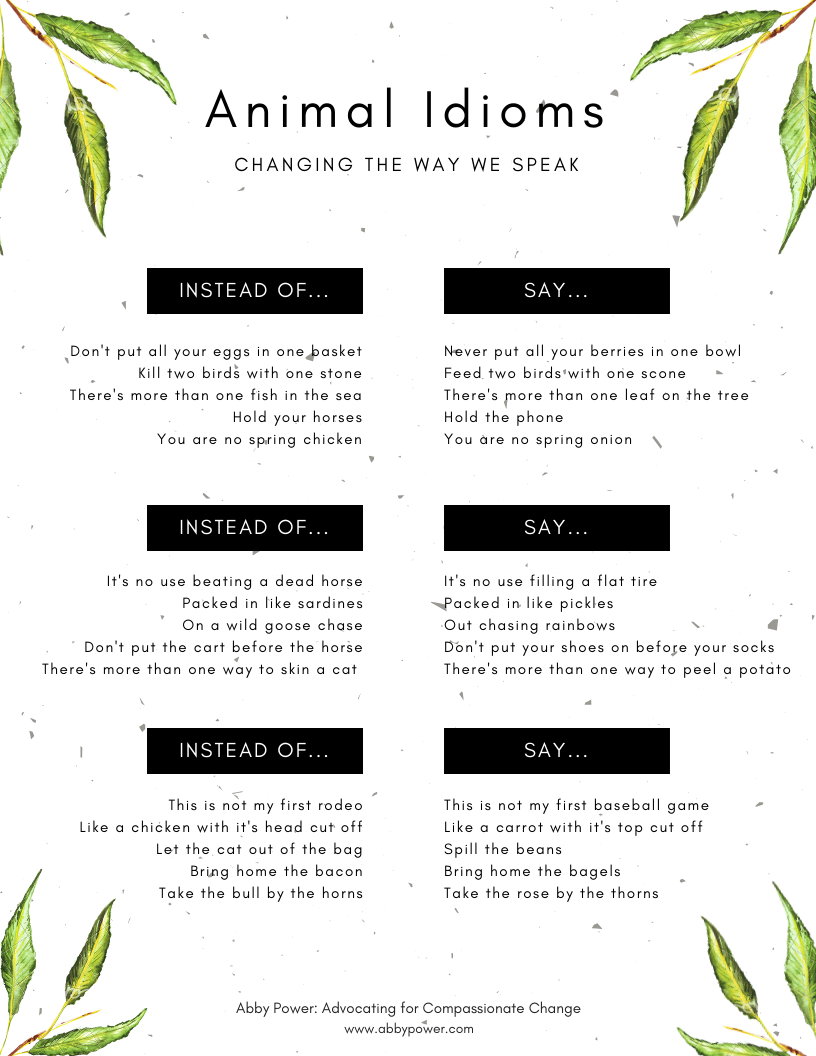
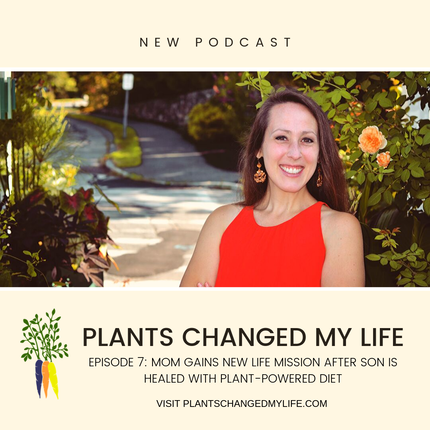
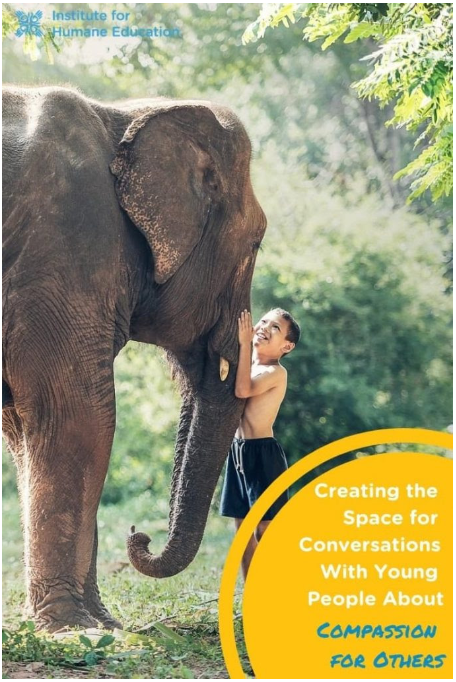
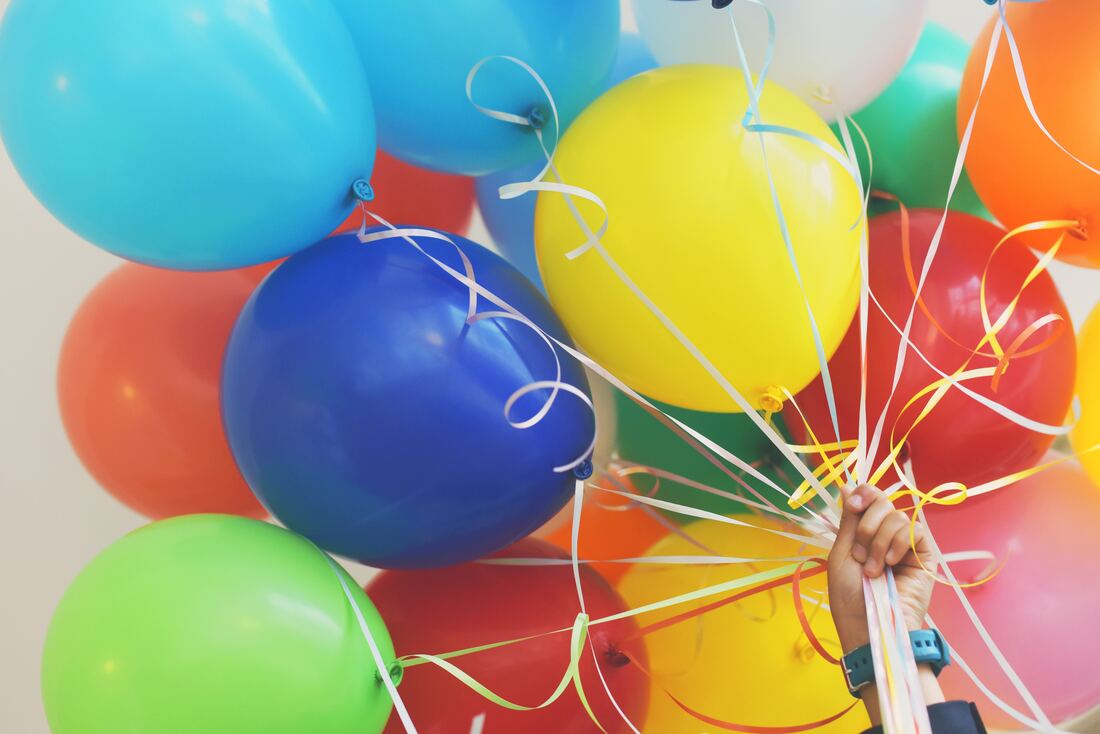
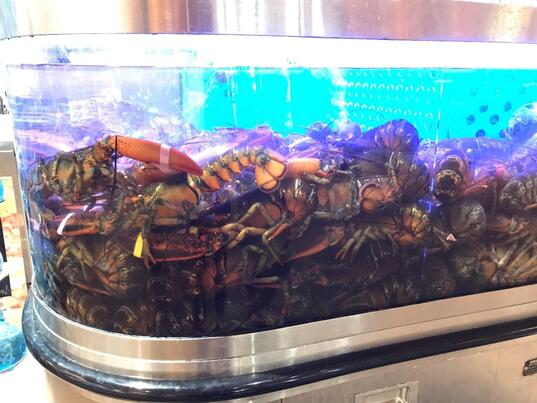
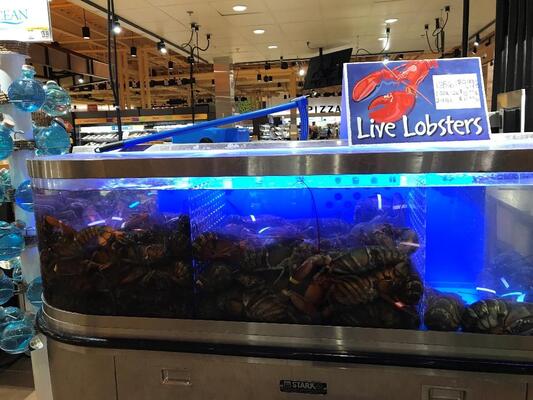
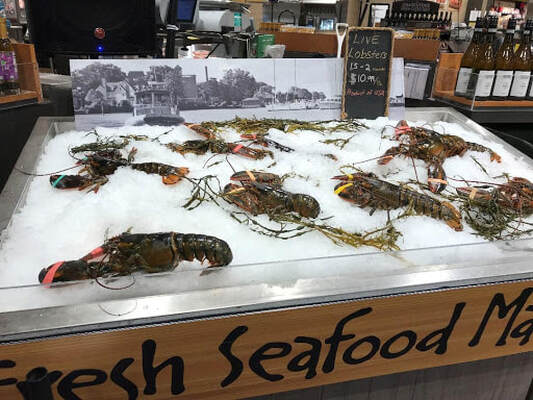
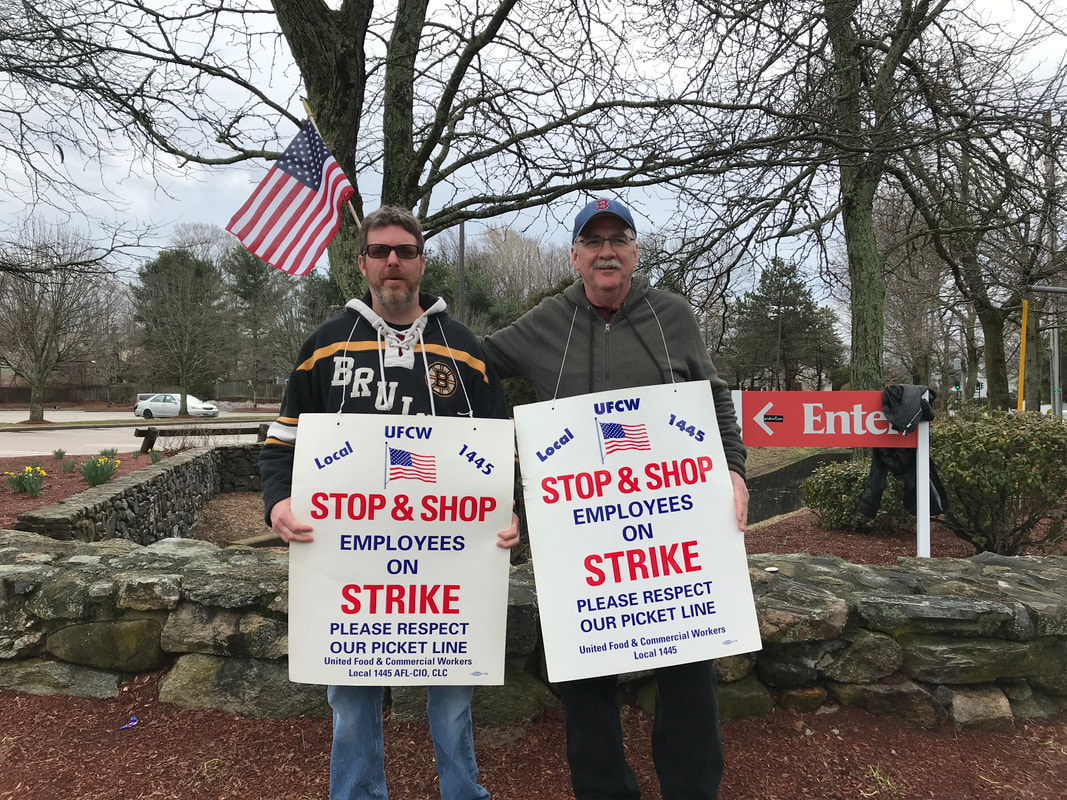
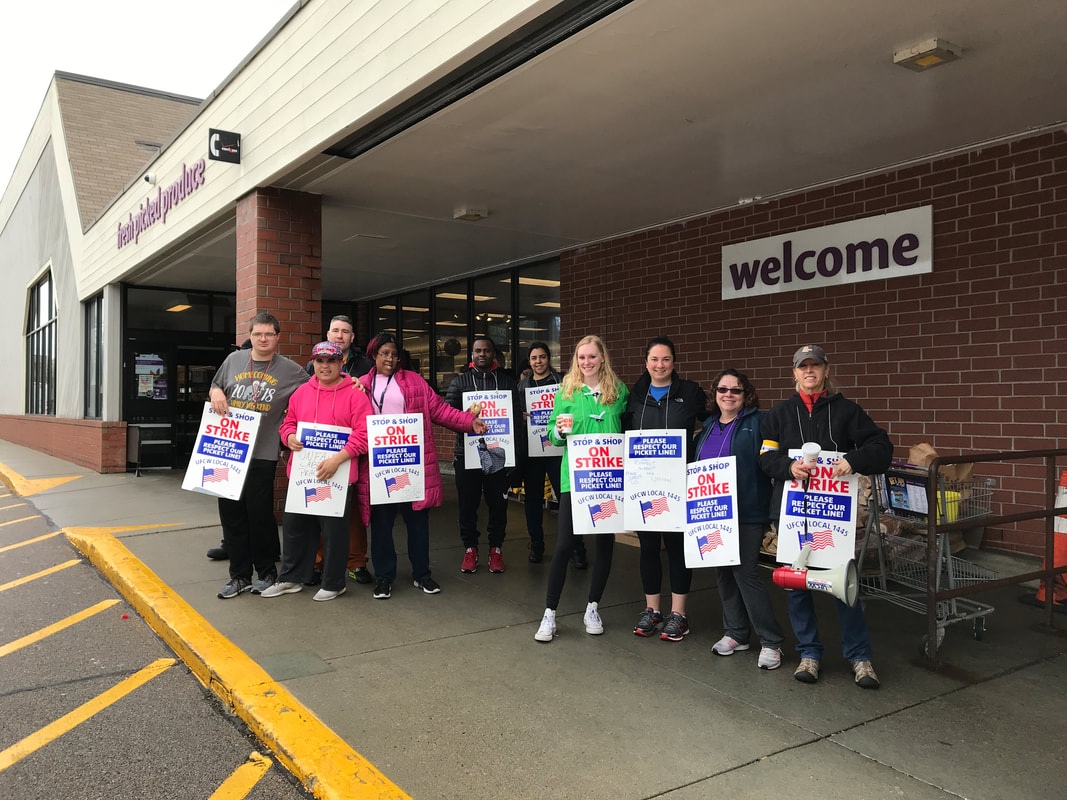
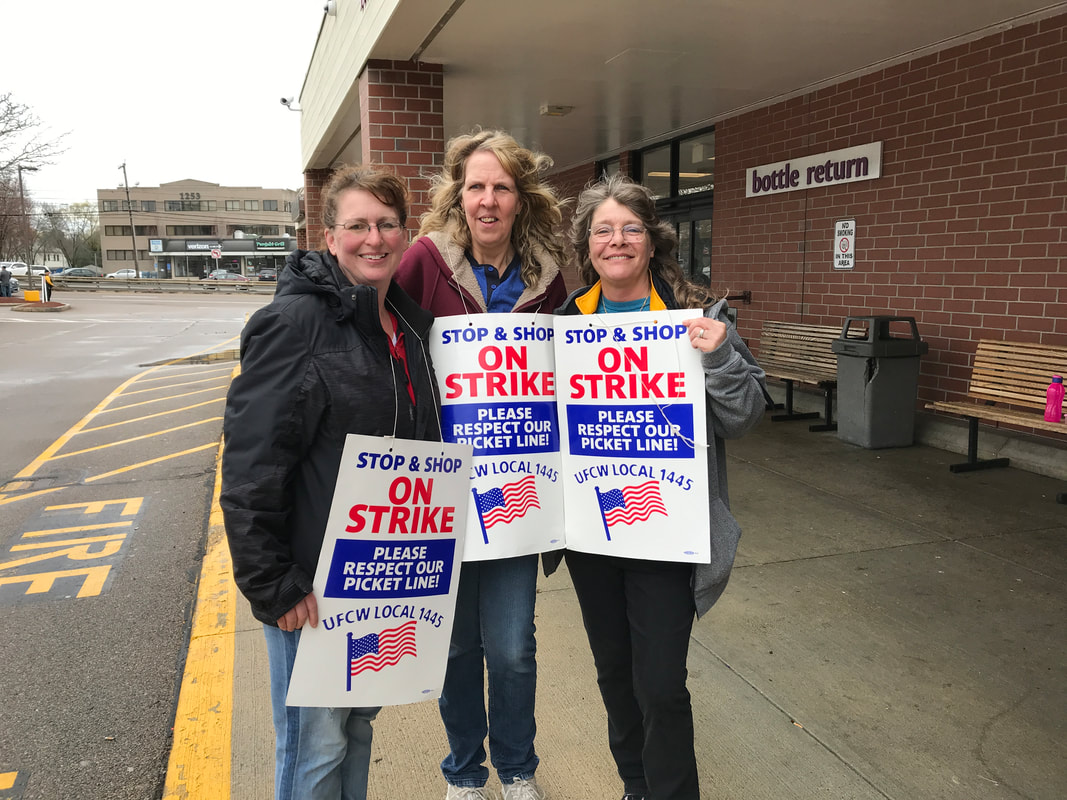
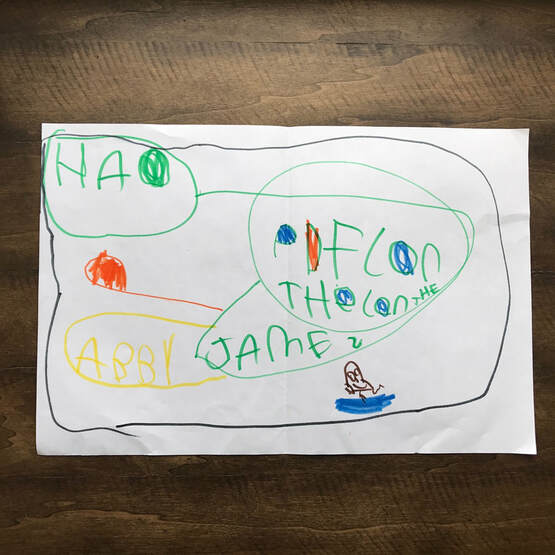
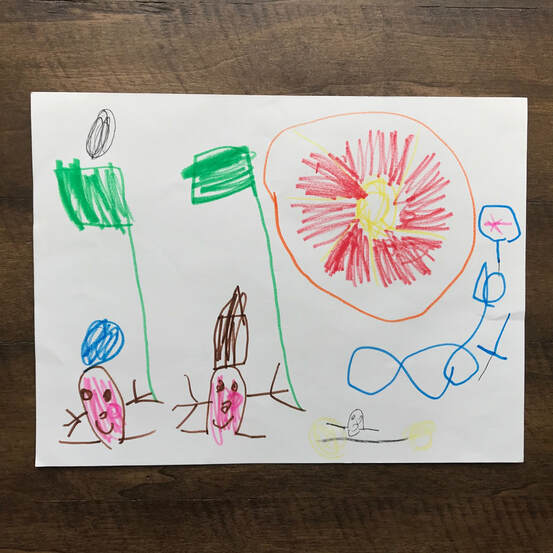
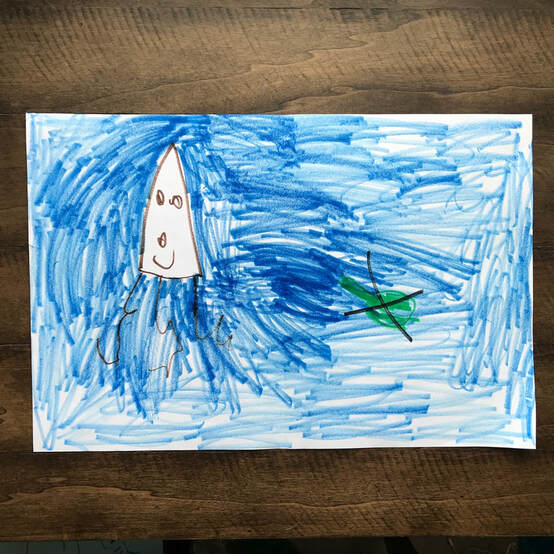
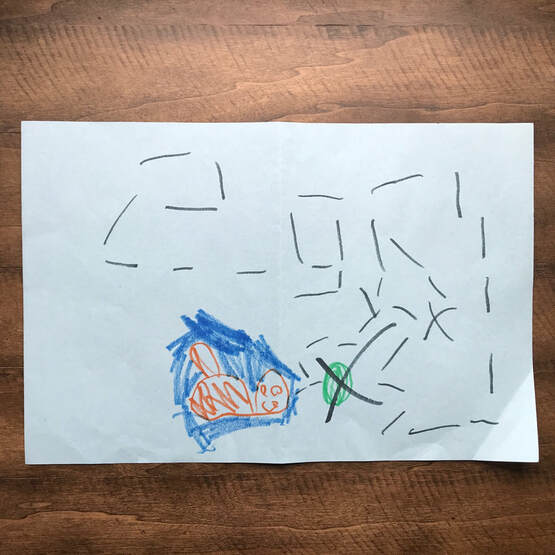
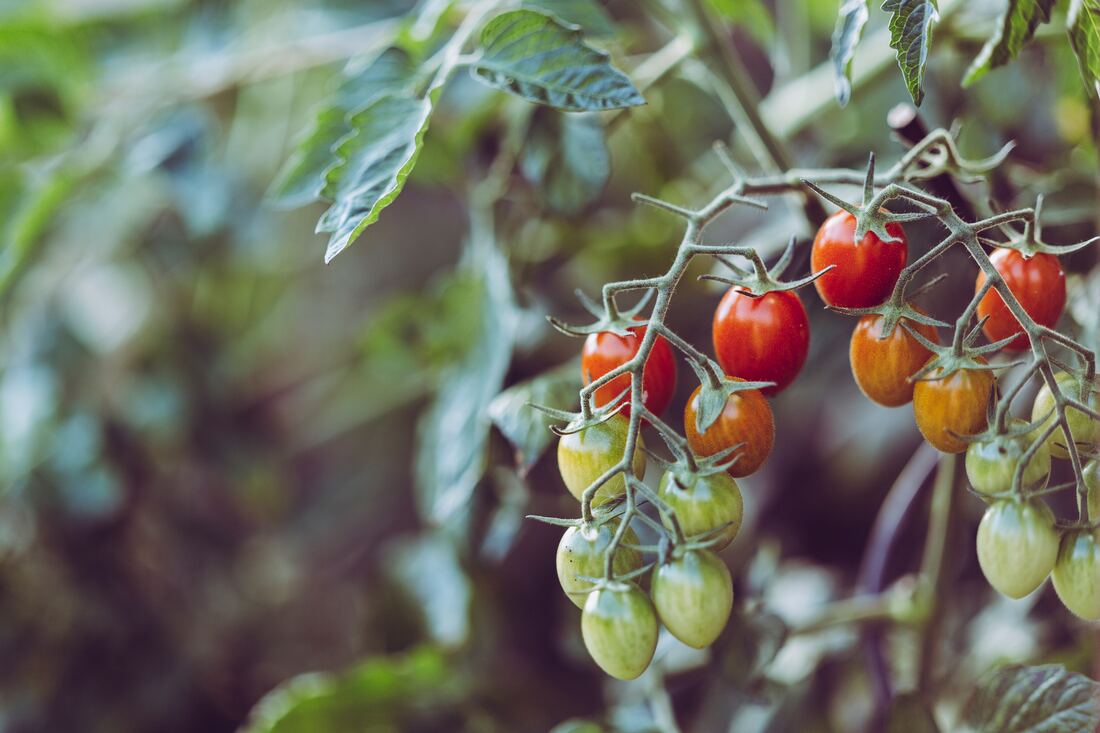
 RSS Feed
RSS Feed
